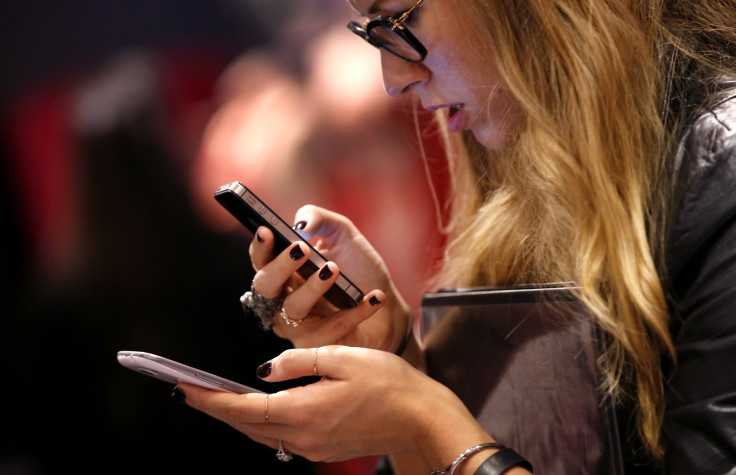Are You More Impulsive? Using Your Phone Tooooo Much?

Is your smartphone already in hand as the alarm chimes in the morning? Is it the last thing you check before you go to bed?
Your attachment to your phone – whether you’re following social media or gaming – may say something about your personality: You may be a person more inclined to make impulsive decisions and want instant gratification.
Research from Freie Universitat in Berlin has found that “as smartphone screen time increases, the tendency to choose smaller immediate rewards over larger delayed rewards increases as well.” The study was published this week online in the journal Plos One.
While smartphone addiction is under debate, the researchers said, previous studies have already shown that a preference for smaller, immediate rewards -- called “delay discounting” -- is related to other negative behaviors like excessive drinking, gambling and drug abuse. Their study has taken that a step further, linking overuse of smartphones with impulsive decision-making.
"Our findings provide further evidence that smartphone use and impulsive decision-making go hand in hand," researchers Tim Schulz van Endert and Peter Mohr told CNN. "People who are already aware of their impulsive decision-making may benefit from the knowledge of their increased risk of overusing smartphones."
Smartphones are ubiquitous in the developed world. Recent surveys estimate that 76% of adults and 80% of adolescents own a smartphone, according to the study. The average smartphone owner, the study notes, spends between 4.7 and 8.8 hours a day on the device. An incredible 33% of us grab our cellphones within five minutes of waking up, while more than one-third of teens and 26% of parents check their phones during the night.
Lead author Schulz van Endert told CNN that impulsive choice is driven by two factors – your self-control and the ability to imagine potential outcomes of your behavior and future consequences. Study participants who had lower self-control tended to use their smartphone more, he said, although this group could still imagine the potential for bad outcomes from their behavior.
Not surprisingly, the researchers found that social media and gaming apps, which both offer gratification in “likes” and “rewards” or “bonuses,” were used the most on smartphones. Social media apps appeared on more study participants’ phones (87%) than games (40%). Social media also accounted for more time (46 minutes) than games (35 minutes). However, the study found that shopping apps, shown to have addiction potential, did not predict delay discounting.
“Our findings suggest that especially heavy social media users and gamers should be mindful of their tendency to be drawn to smaller, immediate rewards,” the researchers concluded. “Alternatively, people who are already aware of their impulsive decision-making may benefit from the knowledge of their increased risk of overusing smartphones.”
Published by Medicaldaily.com



























